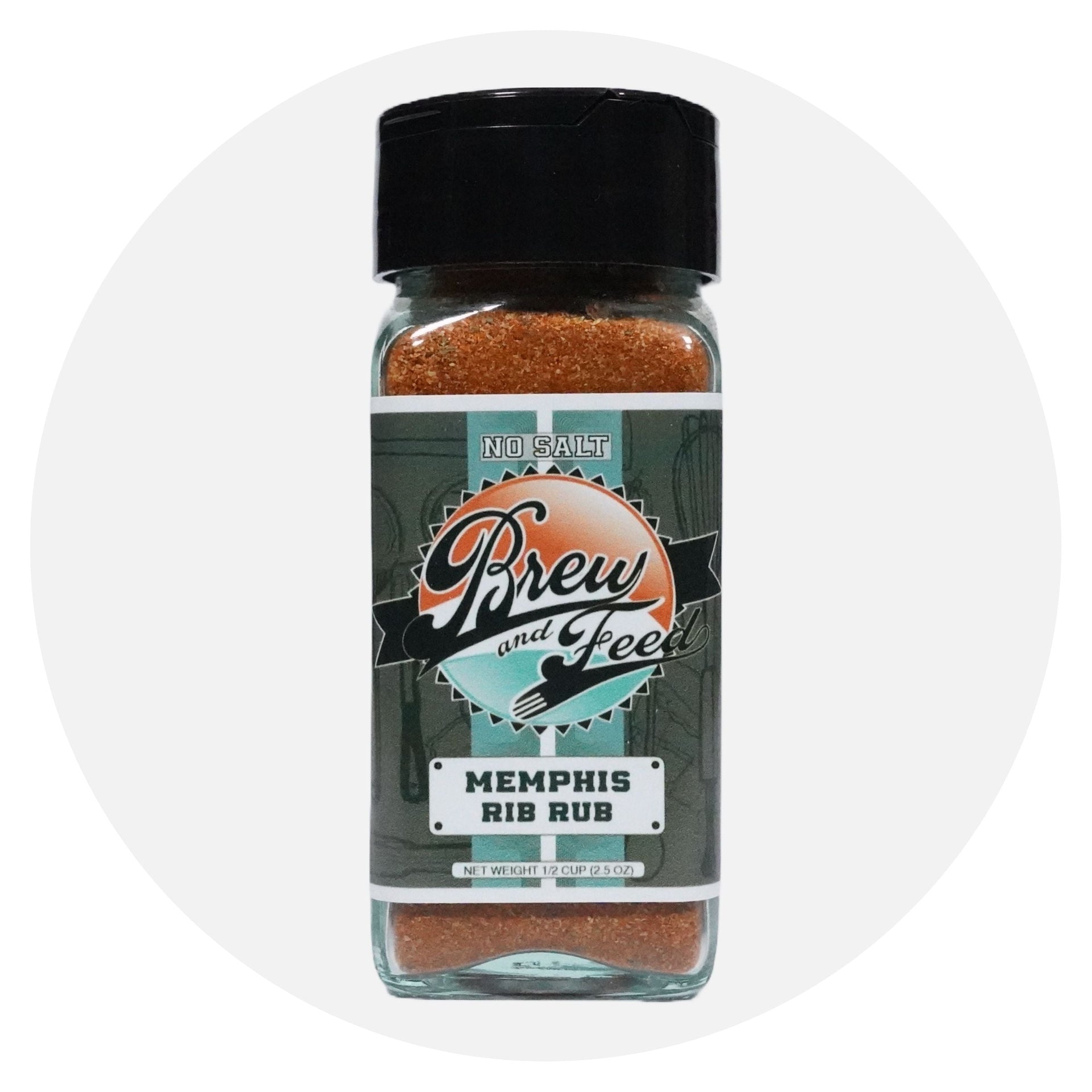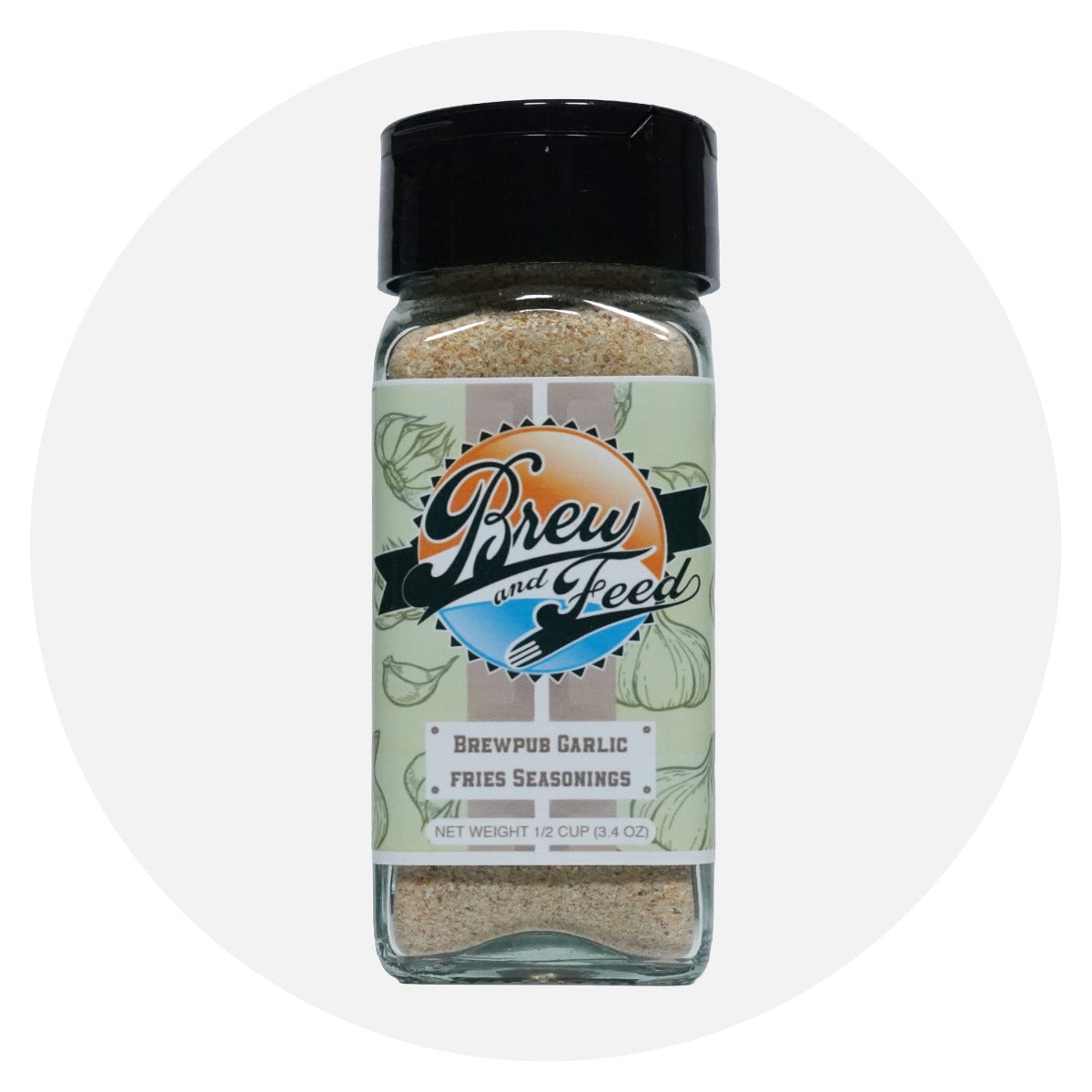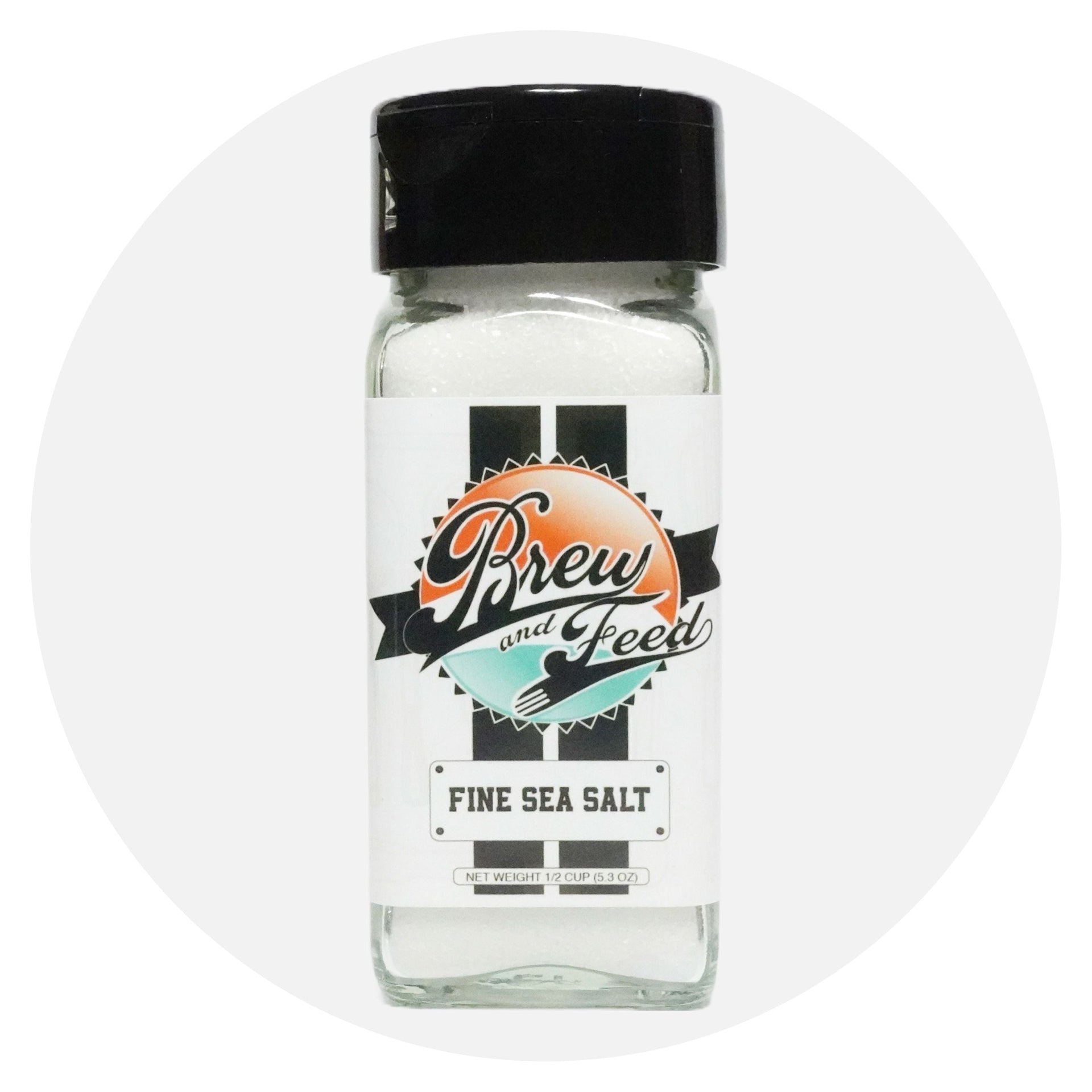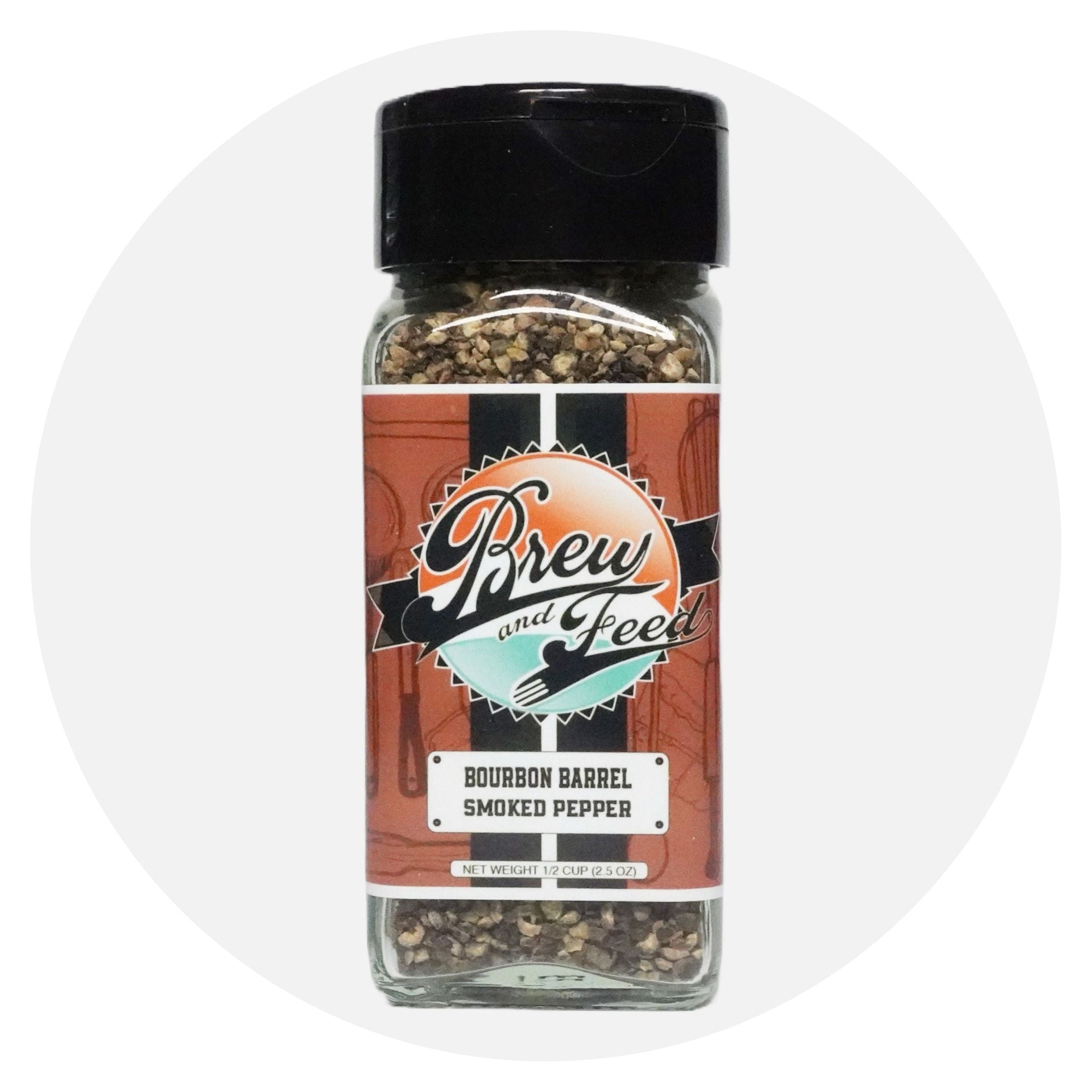
The Hidden Costs of Cheap Seasoning Blends: The Downside to Using Additives in Seasoning Blends
Seasoning blends are kitchen staples, making it easy and quick to create dishes with complex flavors. However, the convenience and consistency offered by these blends often come with a hidden price: non-food additives. While these additives ensure long shelf life, prevent clumping, and enhance flavors, they also carry potential downsides that are worth considering. Let's dive into some common non-food additives and the concerns associated with their use.
1. Anti-Caking Agents
Silicon Dioxide, Calcium Silicate, Magnesium Carbonate
Purpose: Anti-caking agents prevent seasoning blends from clumping together, ensuring they remain free-flowing and easy to sprinkle.
Concerns:
- Health Impacts: While generally recognized as safe (GRAS) by regulatory agencies, the long-term effects of consuming anti-caking agents are not fully understood. Some studies suggest that excessive intake may lead to gastrointestinal issues and other health concerns.
- Nutritional Dilution: These additives do not contribute any nutritional value, potentially diluting the nutritional density of the seasoning blend.
2. Preservatives
Sodium Benzoate, Calcium Propionate
Purpose: Preservatives extend the shelf life of seasoning blends by inhibiting the growth of bacteria, yeast, and molds.
Concerns:
- Allergic Reactions: Some individuals may experience allergic reactions or sensitivities to certain preservatives, leading to symptoms such as headaches, skin rashes, and respiratory issues.
- Potential Carcinogenic Effects: Sodium benzoate, when combined with ascorbic acid (vitamin C), can form benzene, a known carcinogen. Although the levels in food products are typically low, this potential risk is concerning.
3. Emulsifiers
Soy Lecithin
Purpose: Emulsifiers help blend ingredients that would otherwise separate, ensuring a uniform consistency in seasoning blends.
Concerns:
- Allergen Risk: Soy lecithin is derived from soy, a common allergen. Even in small amounts, it can trigger allergic reactions in sensitive individuals.
- GMO Concerns: Most soy lecithin used in food products comes from genetically modified soybeans, raising concerns for those who prefer to avoid GMOs.
4. Flavor Enhancers
Monosodium Glutamate (MSG), Disodium Inosinate, Disodium Guanylate
Purpose: Flavor enhancers intensify the taste of seasoning blends, making them more appealing and palatable.
Concerns:
- Adverse Reactions: Some people report experiencing headaches, nausea, and other symptoms commonly referred to as "Chinese Restaurant Syndrome" after consuming MSG. Although scientific evidence on MSG's harmful effects is mixed, it remains a contentious additive.
- Hidden Sodium: Flavor enhancers like MSG contribute additional sodium to the diet, which can be problematic for individuals managing hypertension or other sodium-sensitive conditions.
5. Coloring Agents
Artificial Colors (e.g., Yellow 5, Red 40)
Purpose: Artificial colors improve or standardize the appearance of seasoning blends, making them more visually appealing.
Concerns:
- Hyperactivity in Children: Some studies have linked artificial colors to hyperactivity and behavioral issues in children. Although regulatory bodies deem them safe, the potential impact on child development remains a significant concern for many parents.
- Allergic Reactions: Artificial colors can cause allergic reactions or sensitivities in some individuals, leading to symptoms like hives, asthma, and other allergic responses.
The Bottom Line
While non-food additives in seasoning blends serve functional purposes, their potential downsides warrant careful consideration. Consumers increasingly seek transparency and healthier options in their food choices, leading to a growing market for additive-free and natural seasoning blends. Reading labels, understanding the role of each additive, and choosing products that align with personal health goals and dietary preferences can help mitigate the risks associated with these common additives. Brew and Feed's seasonings do not contain additives and never will. As always, moderation and informed choices are key to a balanced and health-conscious diet.




